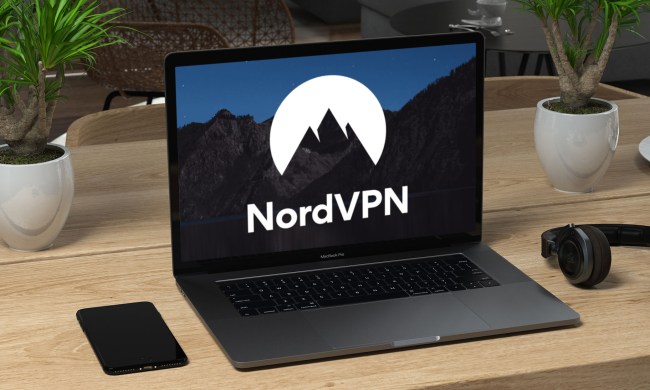At his annual CEO Summit in Redmond, Microsoft chairman Bill Gates plans to tout new search and information management capabilities built into future versions of Microsoft operating systems and application software, including Windows Live Search, designed to provide a single access point for searching users’ desktops, corporate intranet, and the Internet at large. But how receptive are companies to the idea that their employees waste valuable time simply looking for information? And how many resources do they really want to throw at enterprise-wide solutions?
Microsoft believes that attempting to manage and process overwhelming amounts of data in the workplace is impacting the productivity of information workers. (Of course, others would have you believe it’s because those workers spend too much time on personal online shopping and reading technology Web sites


